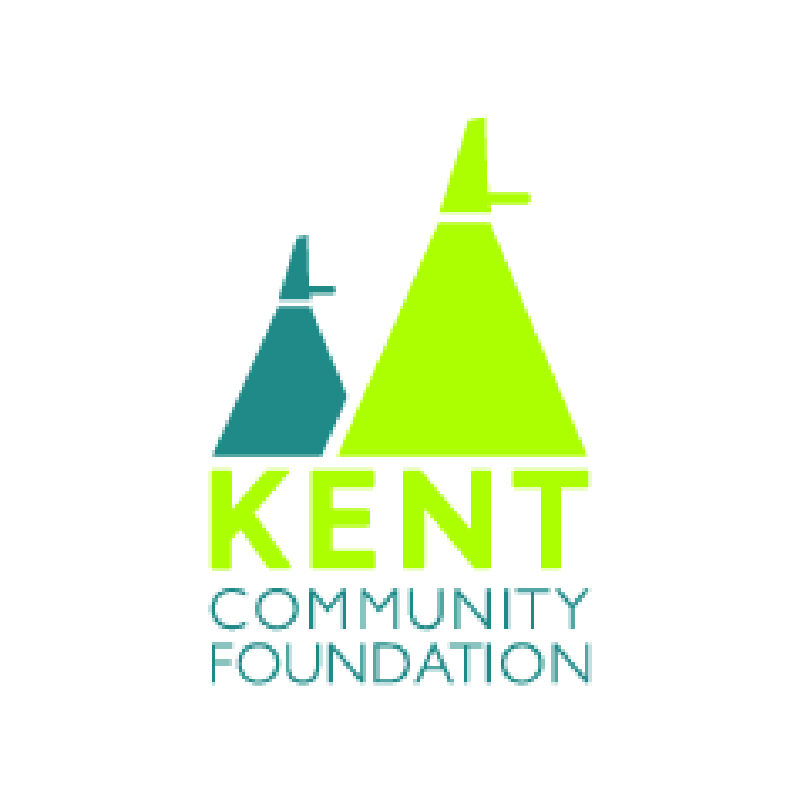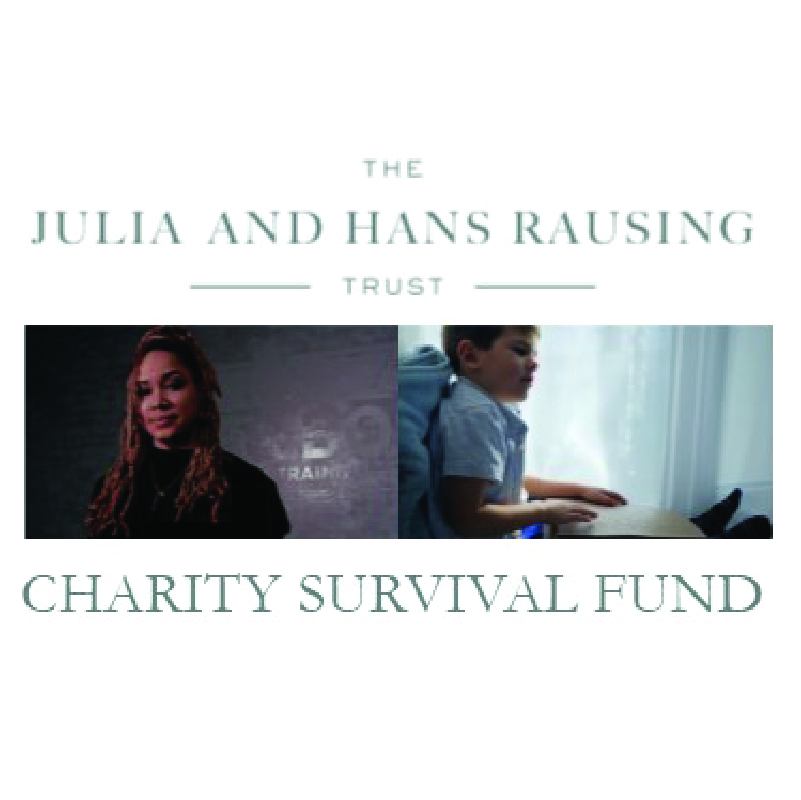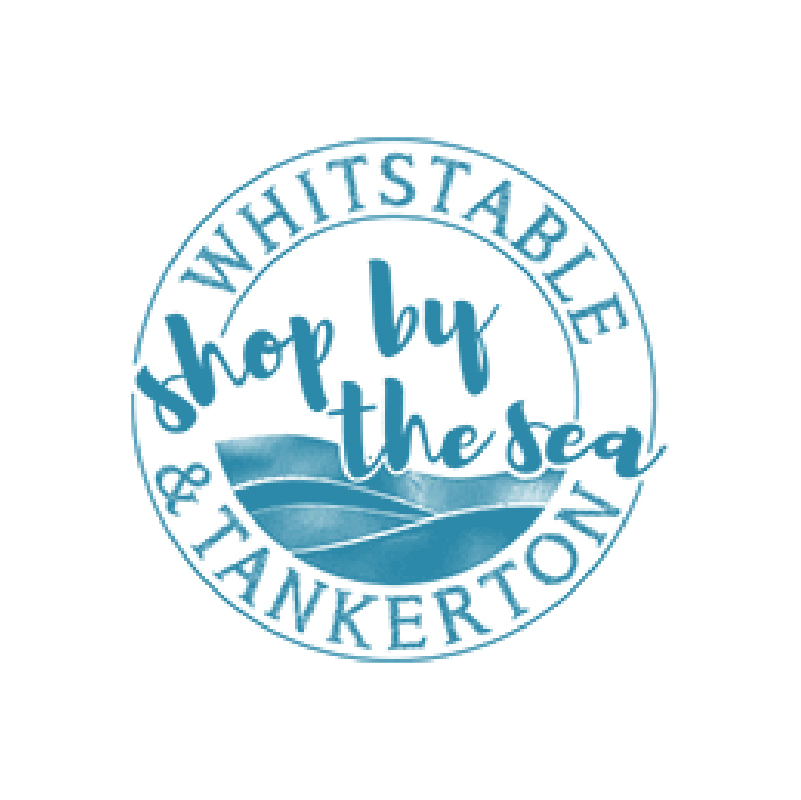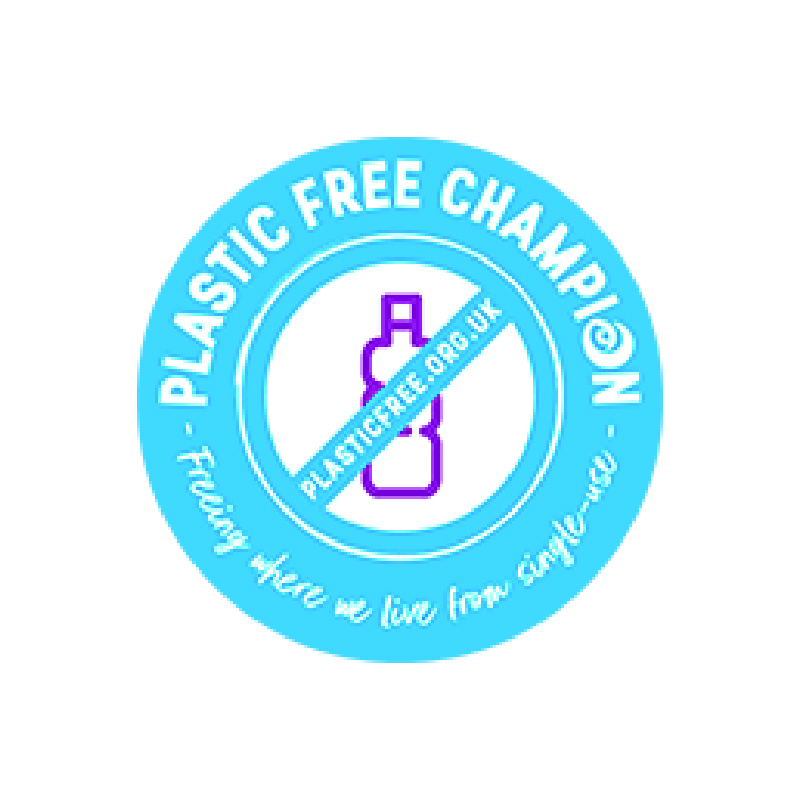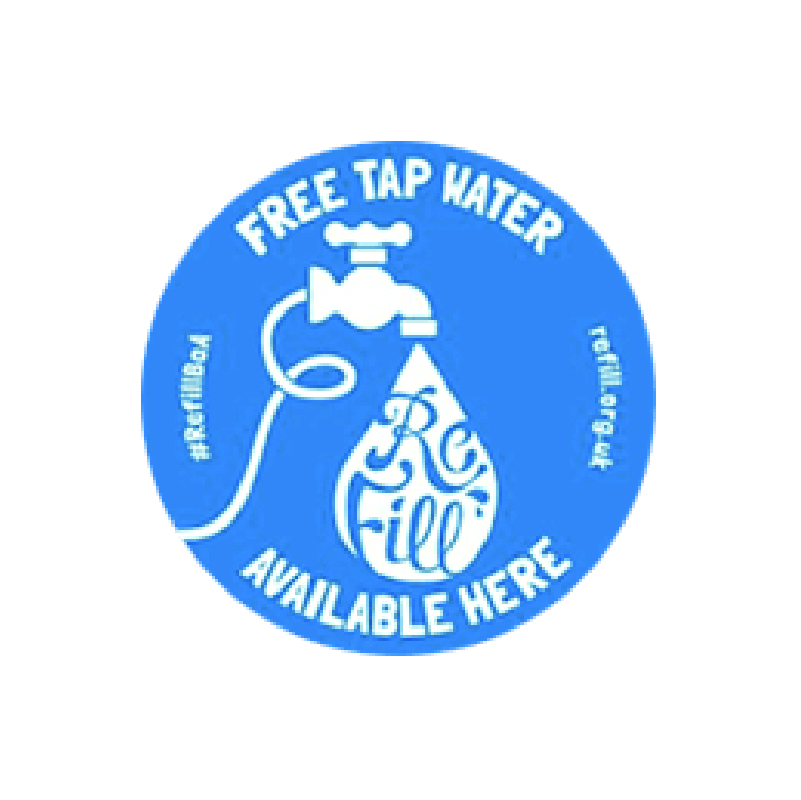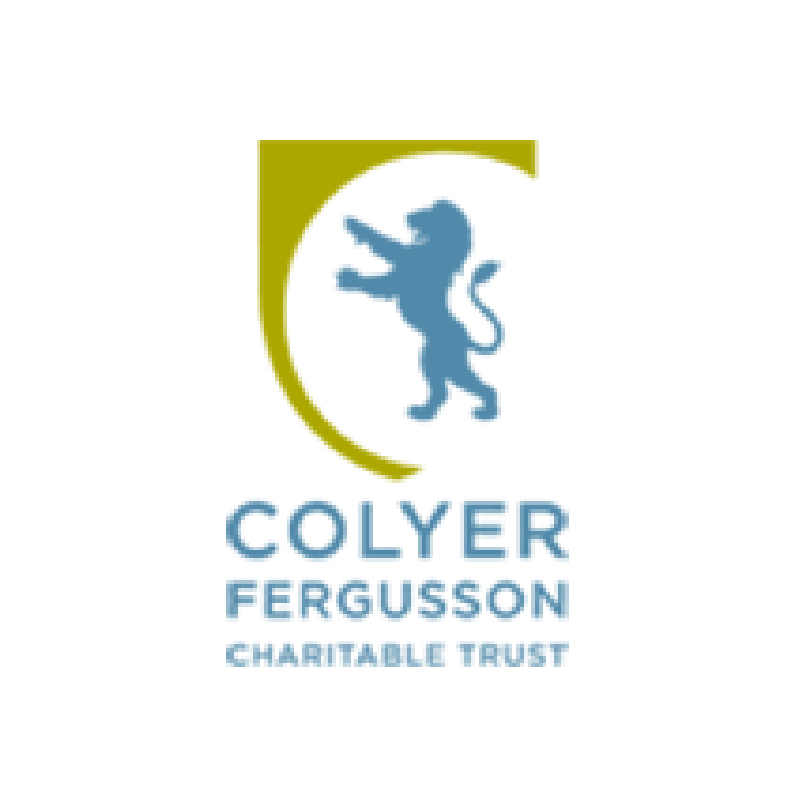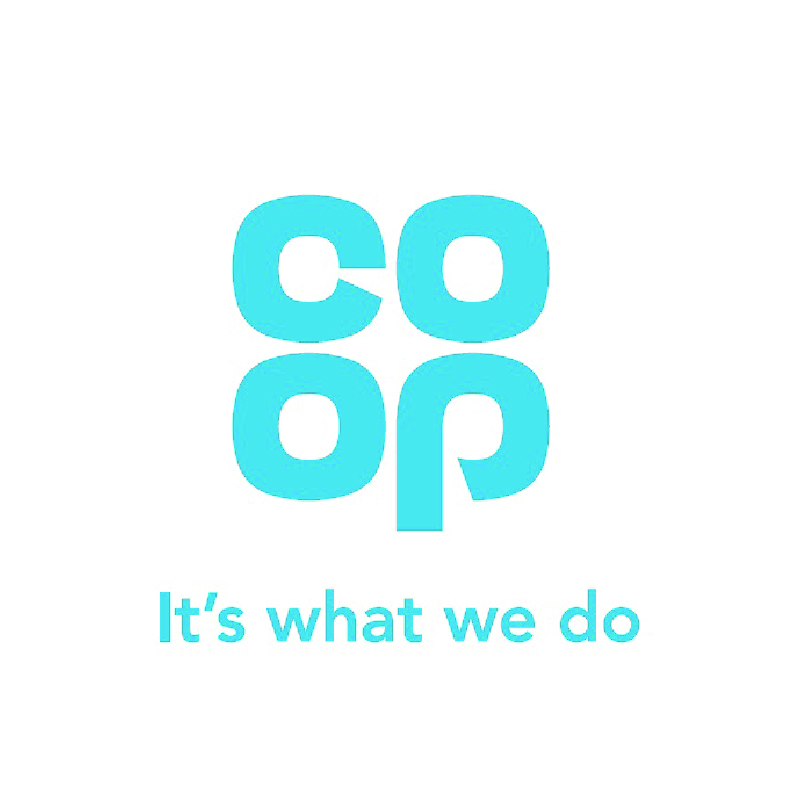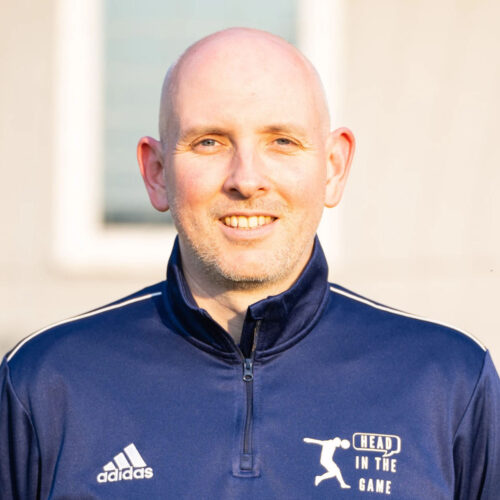
Head in the Game
Some people find it tough to pinpoint a time in their life when a period of poor mental health began. I don’t – I can recall it vividly.
It was January 2012, and three big life changing events were all colliding and hitting like a wrecking ball, one after the other, each one increasing the damage on my already fragile mind.
A relationship breakup, a redundancy and the news that my Dad had been given a few short weeks to live, were slowly starting to tear me apart and I had no idea how to handle what was happening to me.
I’d always been very fortunate to have a close nit, loving family around me. I could always talk, open up and share my problems with them, but this time I felt like I couldn’t. We were all going through a tough time ever since my Dad was diagnosed with stage 4 cancer in November of the previous year, I felt that I just couldn’t burden them with my problems on top of what they were going through as well. I was 31, but felt like my life was over, I felt that I was being punished for a crime that I didn’t know that I had committed, I was feeling very low and couldn’t see a way out.
Part of me knew that I would get over the break-up of the relationship and that I’d eventually find a new job, but that fast-ticking clock towards my Dad’s final few day’s filled me with dread. How was I now supposed to act? What am I supposed to say to people when they ask about his health? How should I be around him? Is it ok to talk about death? What will happen to Mum?
I didn’t sleep. Those unhelpful thoughts went around and around in my head for weeks, increasing in size until I convinced myself that I was dying too and that I had somehow inherited Dad’s cancer through generational genetics. It’s called ‘Health Anxiety’ and is a lot more common than you would think. It was at this point that I did what all men try and do; I put on a brave face. I continued to go for job interviews, I still had my season ticket so I would still go and watch West Ham, I even continued going to the pub with my mates. I convinced myself that everything would be ok if I just continued as normal.
The pub was my biggest mistake. It started off with a session on Friday night “Its only 5 pints” I’ll be fine. 5 pints turned into 6, into 7 – then came the spirits and shots. Saturday night would come around and the same again “It’s just a few pints” I’d say. The nights out turned into days out. My friends thought they we’re helping, and, in a way, they were, getting out of the house was what I needed, but the alcohol, I really didn’t. I was putting off facing up to the truth, hiding behind the booze as I didn’t know who I could talk too and who could help me. This went on for about a month, I was drinking heavily and spending money that I didn’t have. The worst occasion was an all-day session that started at 11am on a Saturday and didn’t finish until 7.30am on the Sunday morning. It was 20 hours of solid drinking. I was in a bad way both mentally and physically.
The trips to the hospice were the worst for me. Although the staff and facility were great, I couldn’t wait to get away from the place. I felt continually guilty about that feeling, but I just didn’t want to be there – of course I went, but when the visiting hours were over, I wanted to be as far away from that place as possible. I knew at this point that my mental health was at its worst.
Dad passed on the 8th February 2012. I felt strangely relieved – that feeling gave me a lot of guilt for a very long time.
No one ever talks about the gap in between losing a loved one and the funeral. It’s the strangest time, there’s so much do and arrange, all while you find your own way of grieving whilst trying to come to terms with what’s happened. The funeral came and went, I cried, I grieved, I drank. The following day after the funeral I woke up and rang my sister “Now what? What do we do now?” I asked. I was completely lost.
Days, weeks, months went by. I didn’t feel like I had a purpose, I existed, but didn’t live. I was going through the motions. I found a new job and went on some dates. Life was slowly returning back to normal. But I was still drinking heavily. The drink was to help me forget and give me a temporary high – It rarely worked.
When you’re struggling, the people closest to you notice. They inevitably want to help – but they don’t always know how. It’s a hard subject to approach – but for me, it was my Mum who said the right thing, at the right time to help me turn the tide.
“He wouldn’t want to see you like this”
She was right, he wouldn’t. Those simple 8 words changed everything.
The very next day, I sought help and made a promise to myself to cut down on the drinking. I prioritised other things over the booze and the nights out. I re-joined a local 6 a-side football team, I read books and played tennis with my mates. Yes, I still drank, but in moderation and never alone. I had dodged a bullet; another few months and I would have had a really serious problem.
It’s been 10 years now, and although I can’t say that I’m fully over the trauma of that period of my life, I’ve certainly comes to terms with it and can talk more freely about my experience. Yes, I still drink in social situations, but it’s no longer a crutch and something that I rely on to deal with stressful situations.
The final piece of this story was written back in June this year, a charity football match in honour of the wonderful Heart Of Kent Hospice. We raised over £500, but for me, it was more than that, it was a fitting closure of a traumatic chapter that I never imagined would ever close.
Keep #tacklingthestigma





